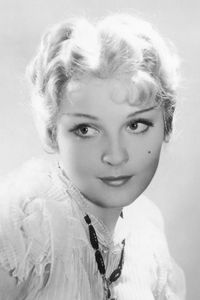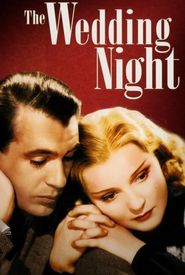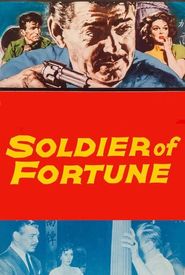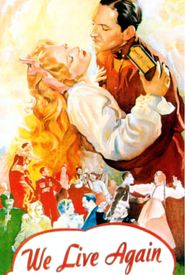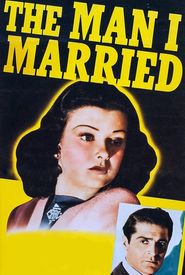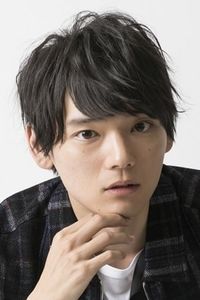Anna Sten, a captivating actress born in the Russian Empire to a Ukrainian father and a Swedish mother, embarked on a remarkable journey in the world of cinema. After studying at the prestigious Russian Film Academy and joining the esteemed Moscow Art Theater, she made a name for herself in numerous Russian silent films. However, it was her captivating performance in the German film Der Mörder Dimitri Karamasoff (1931) that truly brought her into the spotlight.
Samuel Goldwyn, a renowned film producer, was so impressed by Anna's striking beauty and talent that he rushed to sign her to a contract, hoping to develop her into a star of the same caliber as Greta Garbo or Marlene Dietrich. However, his agent failed to mention a crucial detail - Anna did not speak a word of English, making her appearance in sound pictures uncertain.
Undeterred, Anna dedicated herself to mastering the English language, practicing every day and honing her makeup and acting skills. Goldwyn's publicity machine dubbed her "The Passionate Peasant" and marketed her image to newspapers across America.
Despite her impressive looks, Anna's first American film, Nana (1934),failed to captivate audiences. The script and picture were average, and Anna's performance, although outstanding, was not enough to save the film. Her second film, We Live Again (1934),fared only slightly better, but still failed to make a significant impact at the box office.
After her third film for Goldwyn, The Wedding Night (1935),bombed, the two parted ways, with Anna's career in Hollywood dubbed "Goldwyn's Last Sten." Anna continued to make a few more films, but by the end of the decade, she had faded into obscurity, a footnote in the annals of Hollywood history.
Anna Sten's remarkable story serves as a testament to the fleeting nature of fame and the challenges faced by those who dare to dream big in the cutthroat world of show business.
